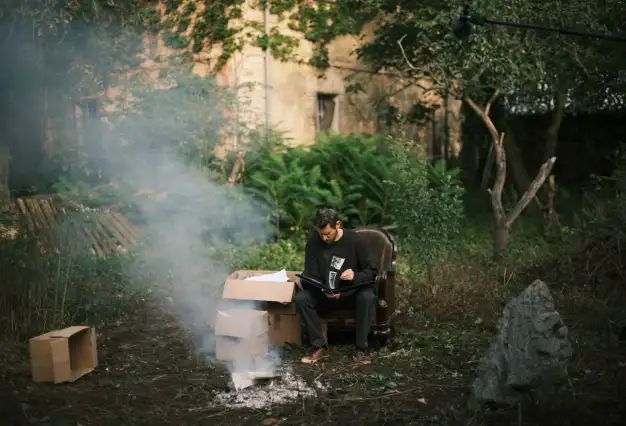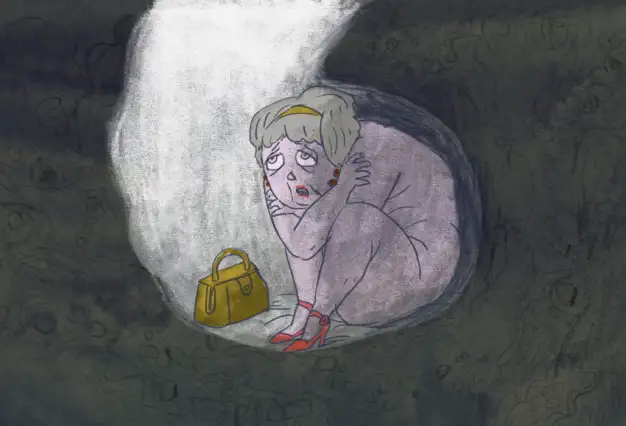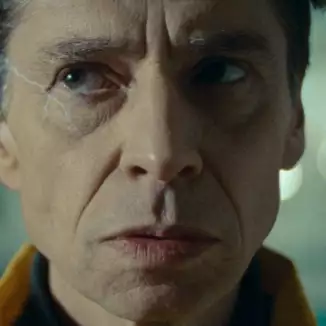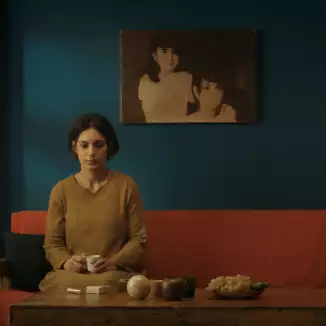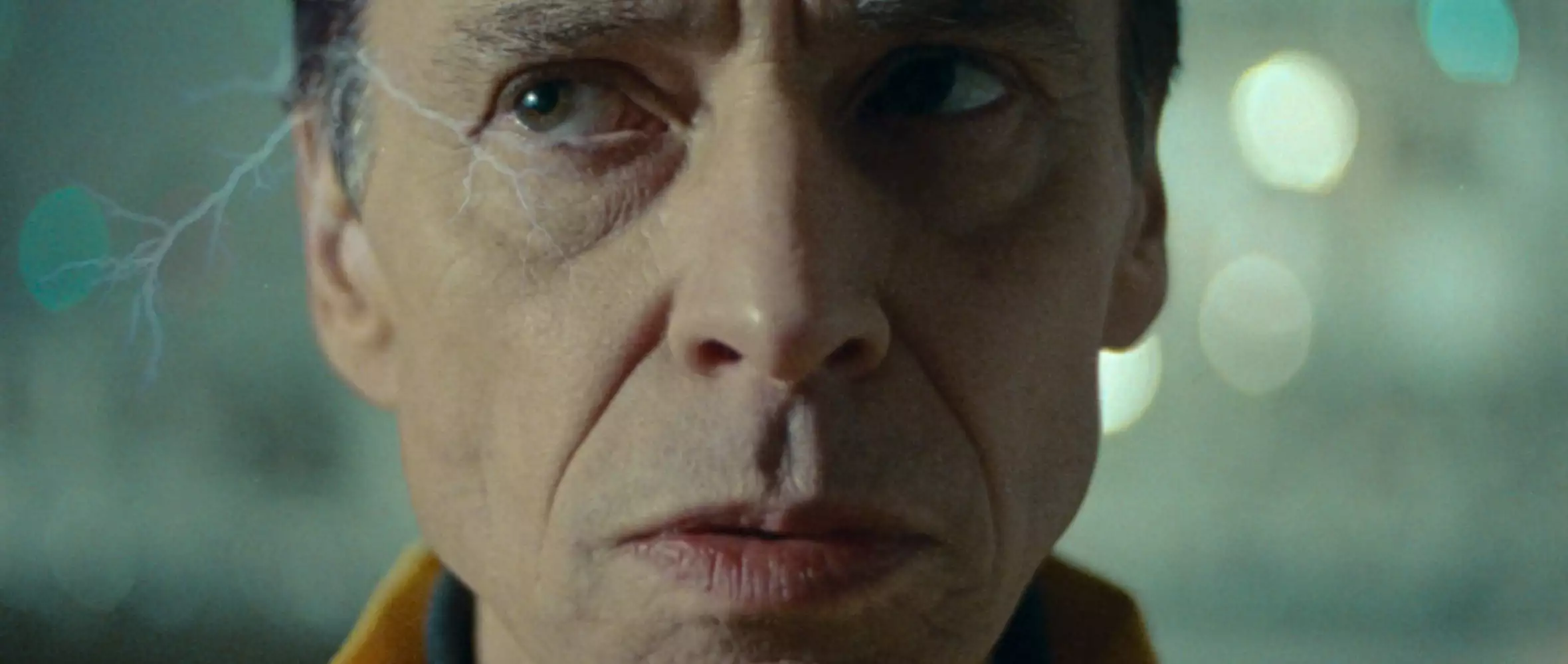
09 January 2024
IFF Rotterdam 2024: Crossing frontiers
IFF Rotterdam 2024: Crossing frontiers

At the 53th edition of the International Film Festival Rotterdam, Czech cinema demonstrates its multifaceted resonance, offering a diverse array of cinematic expression. From thought-provoking dramas that explore complex global issues to experimental works and acclaimed animations, Czech filmmakers showcase their ability to transcend borders.
Article by Martin Kudláč for CZECH FILM / Spring 2024
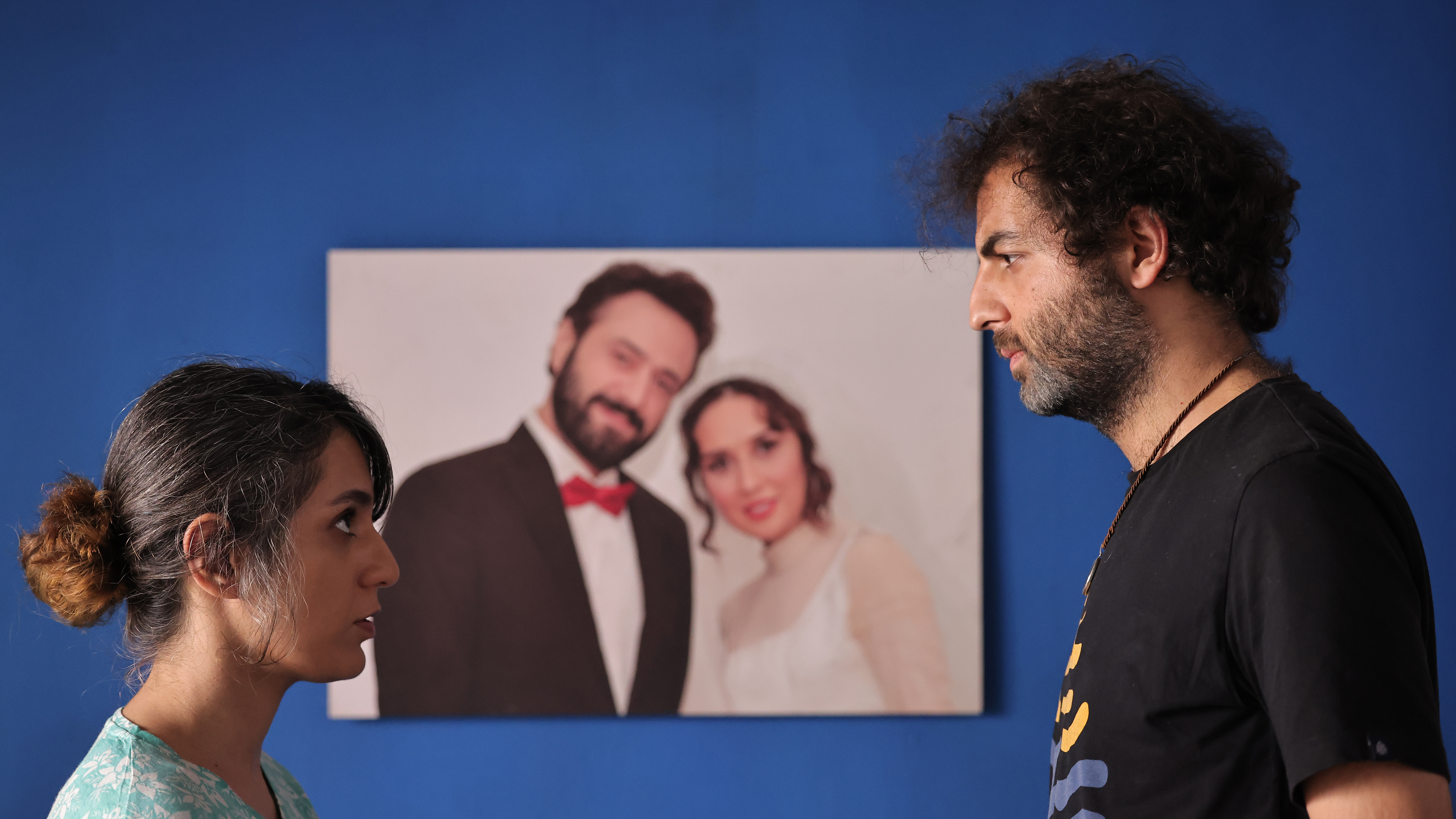 This year’s International Film Festival Rotterdam (IFFR), from January 25 to February 4, serves up a thick, delicious slice of Czech cinema. The program, known for shining
This year’s International Film Festival Rotterdam (IFFR), from January 25 to February 4, serves up a thick, delicious slice of Czech cinema. The program, known for shining
a light on emerging auteurs and innovative works of global cinema, will feature Me, Maryam, the Children and 26 Others, by debuting filmmaker Farshad Hashemi,
a joint project from Iran, Germany, and the Czech Republic, in the Tiger Competition section. This selection underscores the IFFR’s commitment to promoting diverse cinematic voices.
Kaveh Farnam, from Czech-based Europe Media Nest, the production company behind Me, Maryam, the Children and 26 Others, noted the shared historical experience of Iranians and Czechs living under authoritarian regimes as a factor in their cinematic collaboration. Farnam’s production company has previously supported several independent Iranian films, including Abbas Amini’s Endless Borders, a German-Czech-Iranian coproduction, which walked away with the Big Screen Award at last year’s IFFR.
Me, Maryam, the Children and 26 Others already garnered attention for its nonconformity to Sharia law when the film was screened at the 2023 Marché du Film by the Iranian Independent Filmmakers’ Association. The film was shot in Iran without adhering to the country’s censorship mandates, including the mandatory hijab rule for actresses.
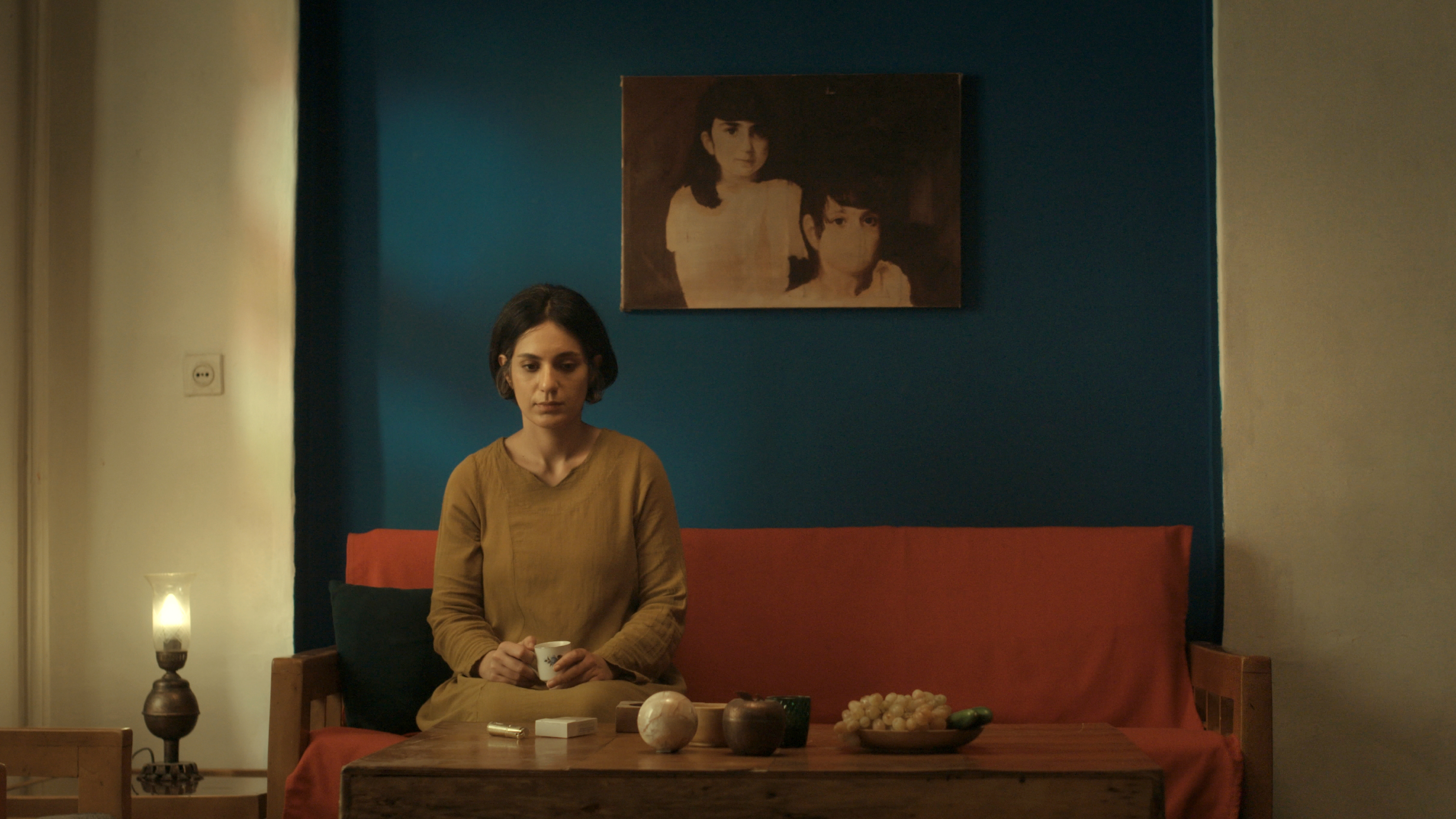
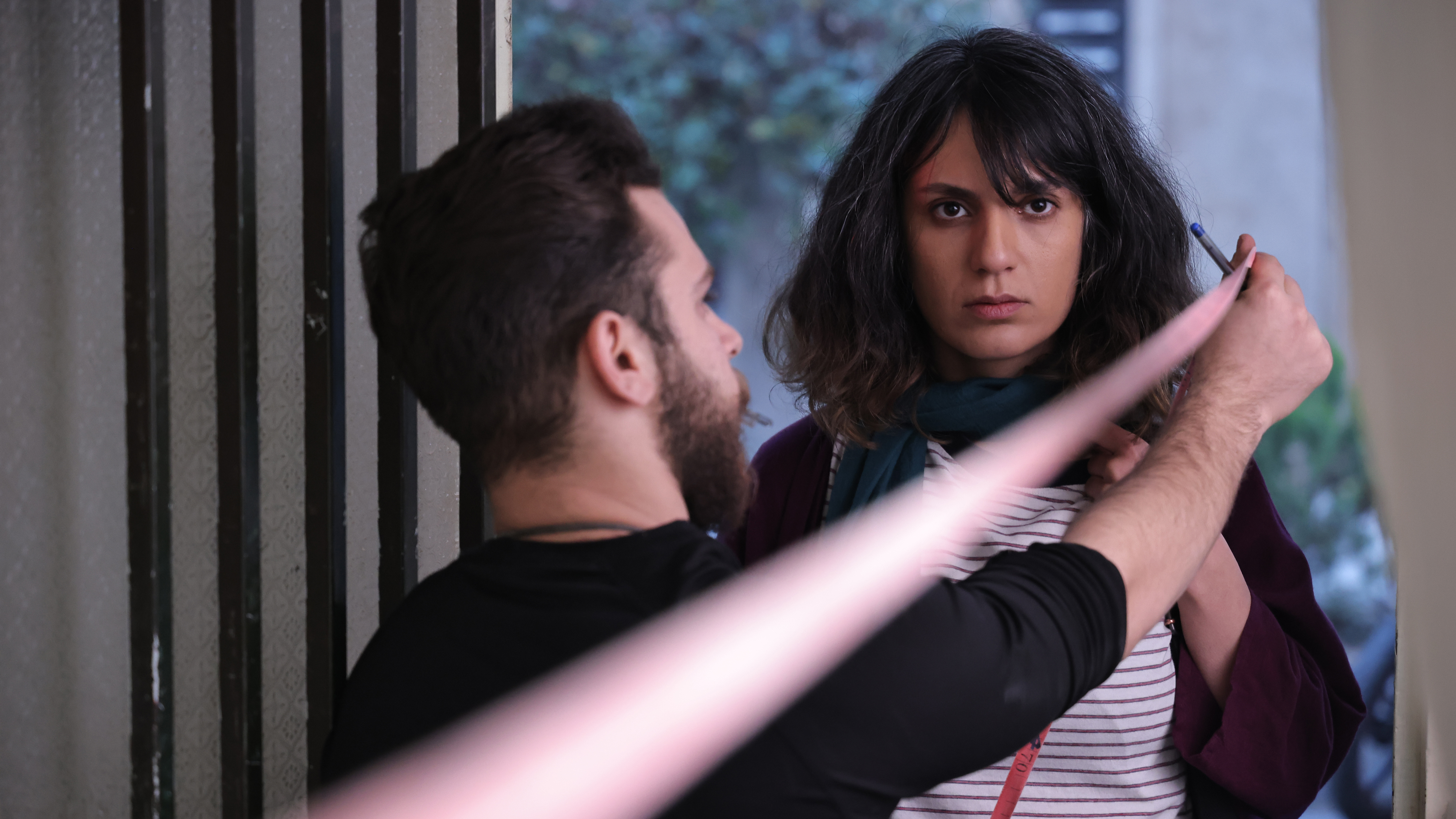
The story centers on Mahboube, a woman in her early thirties whose solitary life is disrupted when she allows a film crew into her home. The intrusion leads to a profound personal reckoning, confronting her with the remnants of her past and her role in Iranian society.
Hashemi’s film, made amid the burgeoning “Woman, Life, Freedom” movement in Iran—sparked by the death of 22-year-old Mahsa Amini, after she was arrested for allegedly wearing an “improper” hijab—delves into the complexities of Mahboube’s existence. It simultaneously reflects on the essence of filmmaking and its ability to authentically represent the intricacies of daily life. This feature directorial debut by Hashemi encapsulates the intersection of personal narrative and broader social commentary, a hallmark of contemporary Iranian cinema.
Energized poem
The Film and Television School of the Academy of Performing Arts (FAMU) in Prague has established itself as an incubator for Czech short films that make their mark on global cinema. In 2023 alone, FAMU facilitated the international presentation of 111 films at 290 festivals across 64 countries. Until now, though, a Czech film had never before been featured in the IFFR’s Tiger Short Competition, known for spotlighting young and innovative filmmakers. That gap has now been filled, thanks to rising Czech talent Marie-Magdalena Kochová and her experimental short 3 MWh.
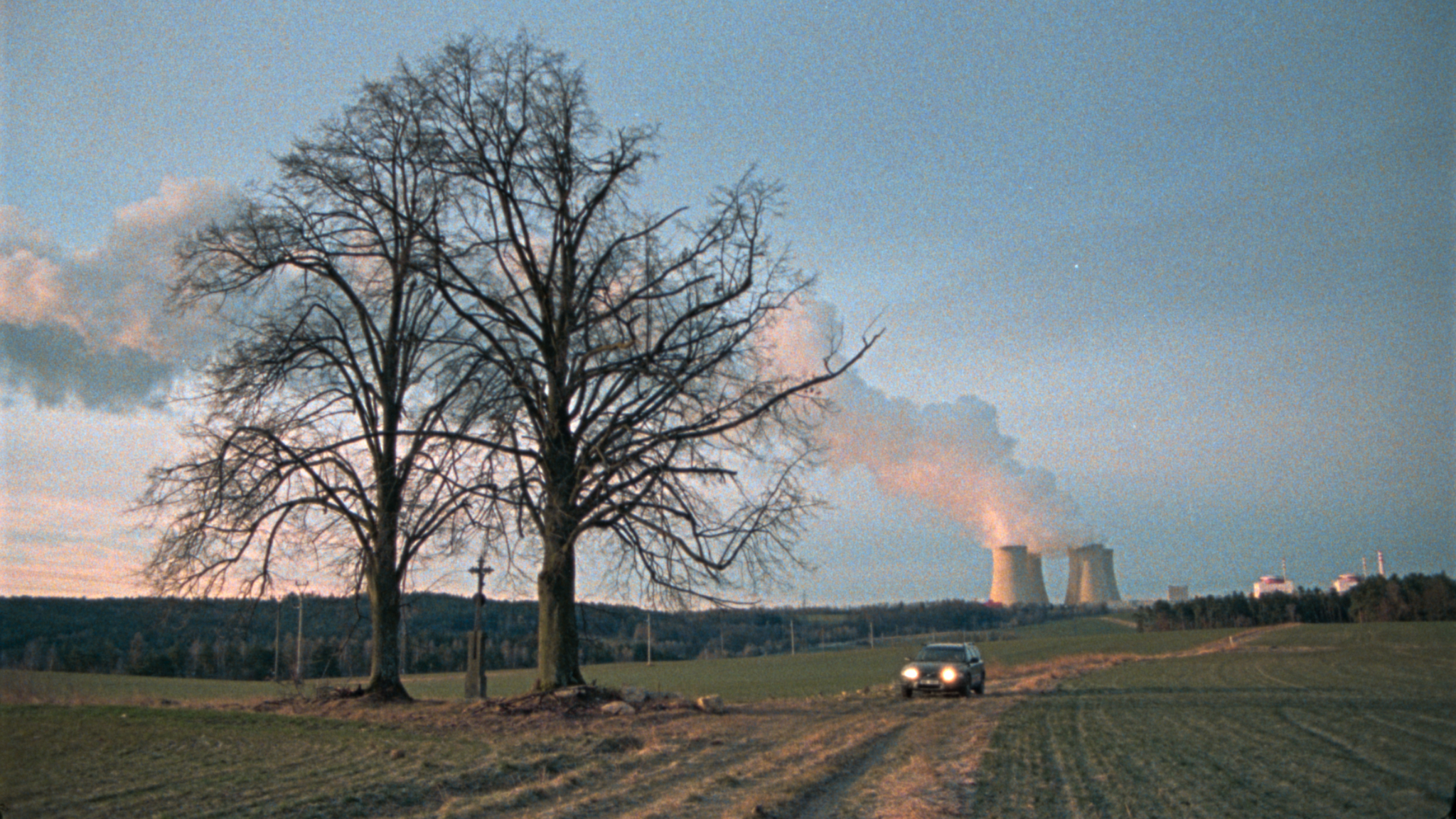
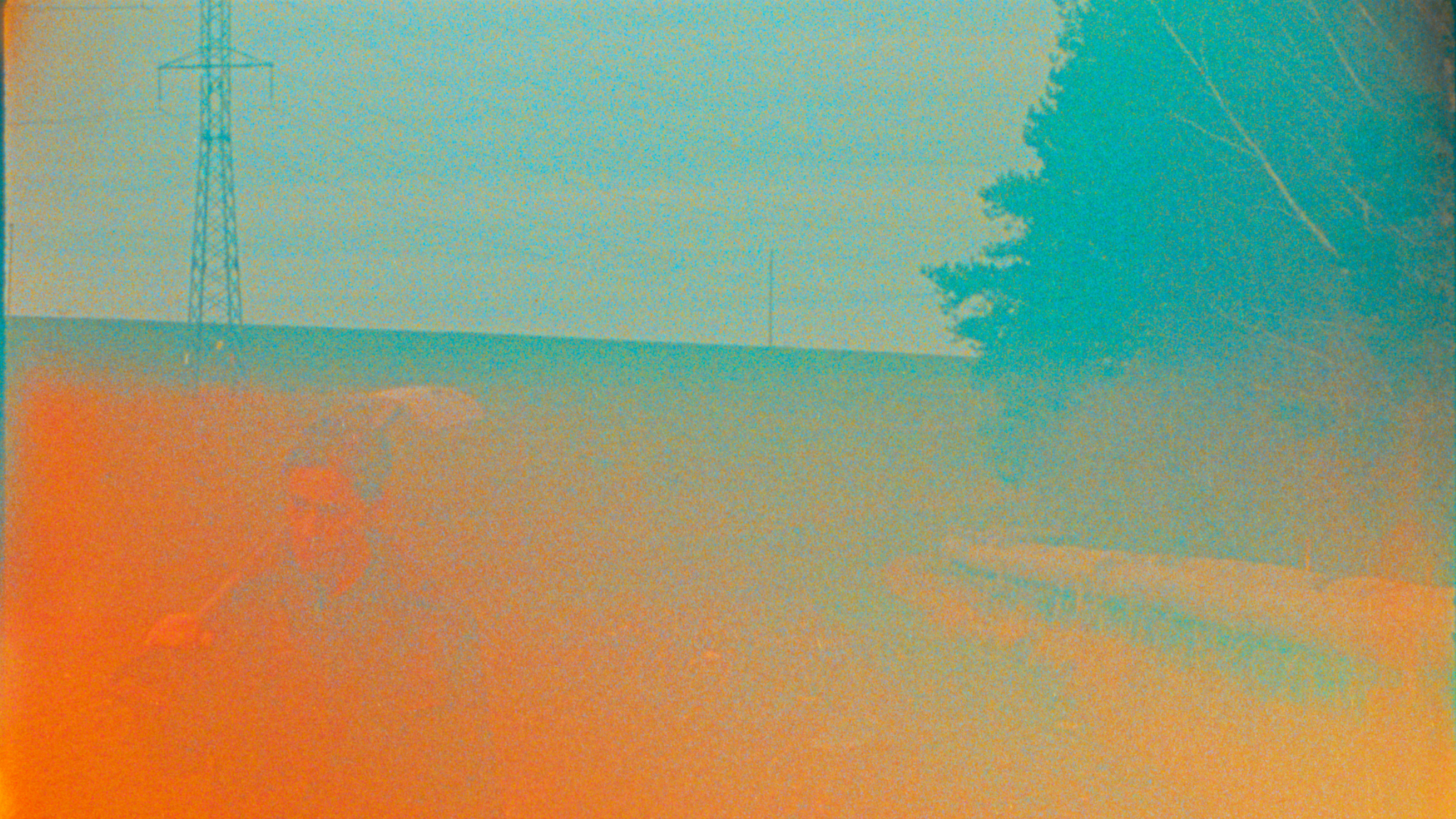
Kochová’s film-poem delves into the nuanced relations between human beings and energy, set amid a world facing multifaceted crises. The story revolves around a nuclear power plant worker who imposes a personal cap on his electricity usage. As he approaches the limit of his quota, he confronts crucial decisions regarding its allocation.
Born in 1994, Kochová’s formative years were influenced by a worldview that anticipated unbounded growth. This backdrop provides
a stark contrast to current realities and is a central theme in 3 MWh, offering a reflective commentary on energy sustainability, the concept of nongrowth, and the challenge posed by human-centric perspectives.
The director employs analog 16mm footage manipulated by digital electrical discharges that resonate with the main character’s voice recordings, thus accentuating the film’s exploration of the interaction between humanity and the physical world. Produced by Czech company Helium Film, 3 MWh offers an intriguing examination of the critical global challenges we face, told by way of an intimate personal story.
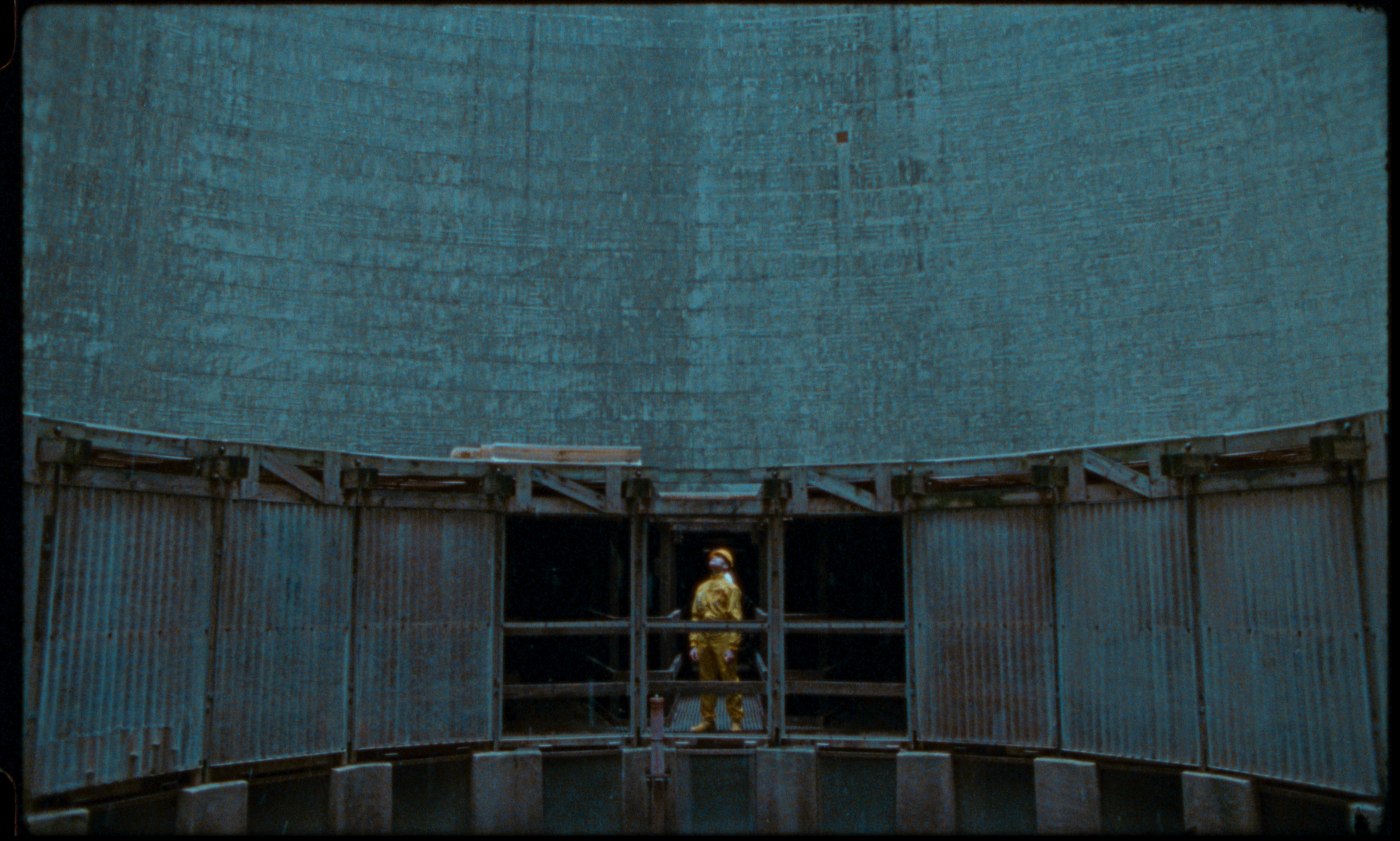
Cultural crossroads
This year’s Limelight section of the festival, a platform for audience favorites and internationally recognized films, includes Agnieszka Holland’s Green Border. The black-and-white drama, set against the backdrop of geopolitical tensions on the Polish-Belarusian border in 2021, has received critical acclaim, earning a Special Jury Prize at the 80th Venice Film Festival and nominations from both the Toronto International Film Festival and the European Film Awards. Despite facing controversy and pushback from Poland’s nationalist government, the film has had significant success at the Polish box office. Utilizing a documentary-style approach to underscore the migrants’ plight, promoting empathy and challenging xenophobic views, Holland’s film serves as both a humanistic exploration and a depiction of a crucial historical moment. Green Border is coproduced by Šárka Cimbalová of Marlene Film Production.
Paterny, part of the festival’s Art Directions sidebar, is an experimental venture from director Jan Kulka. Notable for its unique process of creating visual art directly on 60mm film using a special printing machine, the film explores the cinematic potential of regular patterns and geometric structures under various projection conditions. Supported by the Czech Film Fund, Paterny is produced by Dagmar Sedláčková of MasterFilm, and aims to reveal fundamental principles in light imagery, demonstrating how stable forms evolve from chaotic flickering, intersect, modulate, and transform before dissipating.
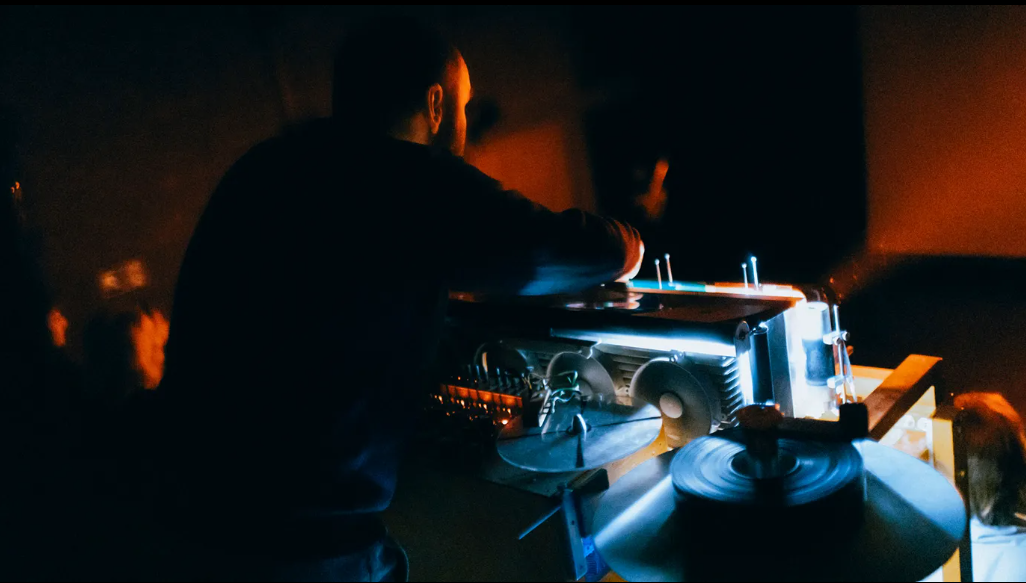
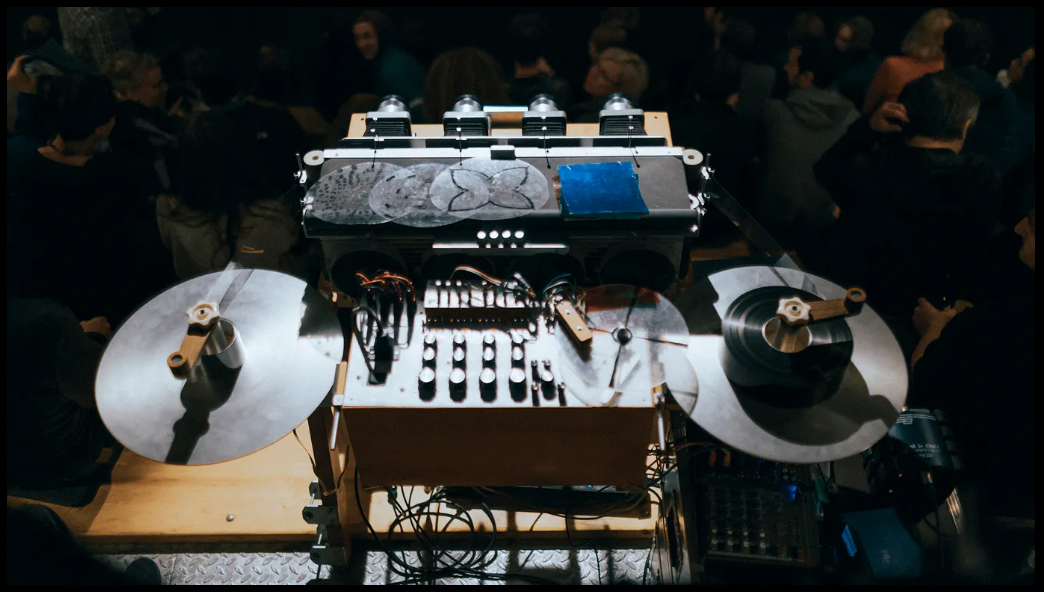
The festival’s Cinema Regained sidebar, dedicated to film heritage, welcomes the restored version of Czechoslovak New Wave legend Ester Krumbachová’s 1970 directorial debut, Murdering the Devil. Krumbachová, known for her collaborations with Věra Chytilová and her contributions to classic 1960s films like Daisies and Valery's Week of Wonders, here offers a gender satire reflective of period feminism, with a distinctly critical perspective on both genders. The story follows an intelligent, middle-aged woman grappling with loneliness as she rekindles a connection with an old flame, only to discover he is a literal devil.
Lastly, the festival’s Kids & Family section will showcase Czech animation with a trio of short films: Martin Smatana’s wordless stop-motion film with handmade puppets The Kite, dealing with loss and grief; Filip Diviak’s 2D animation My Name Is Edgar and I Have
a Cow, a tale of companionship; and Alexandra Májová’s 2D animation Washing Machine, a dialogue-free story about the relationship between a washing machine and its owner.
Related news
Related films
3 MWh
A nuclear power plant worker obsessed with counting has set a maximum limit on how much electricity he wants to consume. The energy that should have lasted him for the rest of his life is slowly running out, forcing him to decide…
Me, Maryam, the Children and 26 Others
Když se třicátnice Mahboubeh rozhodne pronajmout svůj domov filmovému štábu na šest dní, její klidná a osamělá existence je náhle převrácena. Inspirována příběhem krátkého filmu, který se u ní doma natáčí, zjišťuje, že je nucena…



